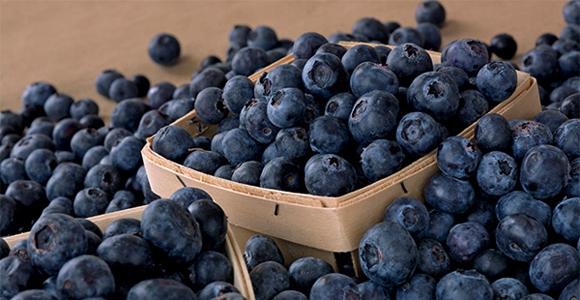Chlorogenic acid is an antioxidant in many fruits, vegetables, and berries including blueberries. It is very well absorbed by the intestinal track and is available to react with many harmful substances to eliminate and neutralize the, Its antioxidant properties help fight damaging effects of free radicals. It also is an antioxidant in plants and protects against degenerative, age-related diseases when included in the diet. It has many biological funtions. Chlorogenic acid is involved in the controlled release of glucose into the bloodstream and may therefore help in delaying the development of diabetes.
As an antioxidant, chlorogenic acid can reduce low-density lipoprotein (LDL) oxidation, the major determinant of the initial events in atherosclerosis. Oxidized LDL is the major type of lipid deposited in the arteries and the eventual cause of plaque formation. Chlorogenic acid is effective in removing particularly toxic and reactive molecules from the body and thereby reduceing cancer development and DNA damage. As a compound, chlorogenic acid had biological functions in organ systems and offers protection against a wide variety of degenerative and aging diseases such as heart disease, diabetes and cancer. It is a component of many fruits and vegetables such as blueberries, apples, coffee, strawberries and potatoes.
Contact:


